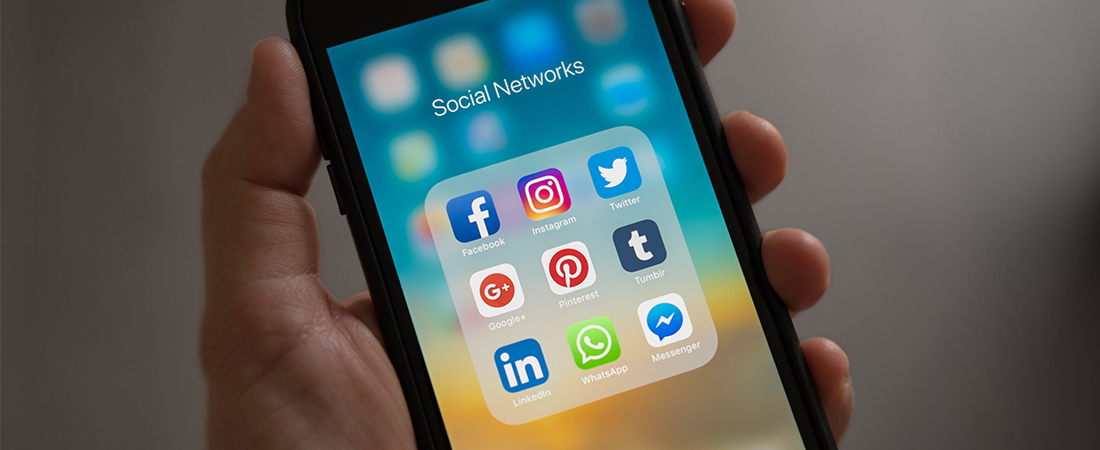As misinformation proliferates, protests escalate, and the 2020 U.S. presidential election looms, how much should social media companies regulate the content on their platforms? Rules and regulations are changing as social media giants are figuring out how to wield their unprecedented power over information.
As an organization committed to free expression, we welcome efforts to provide more information, alternative sources and context, and oppose silencing and the suppression of speech.
In 2018 Twitter announced it wouldn’t block world leaders from the platform or remove their controversial tweets. Later it added that it would apply warning labels to the tweets of world leaders if they used their accounts to threaten or abuse others. To combat the spread of misinformation about the coronavirus, in 2020, Twitter said it will place labels on misleading or disputed information about the virus “regardless of who the speaker is.”
On Friday, May 29, Twitter added a warning to one of President Trump’s tweets for the first time, saying he violated the platform’s rules by glorifying violence through his comments about the protests in Minneapolis. As with the previous tweet, Twitter did not remove the message, saying it had determined it might be in the public interest to have it remain accessible. But a user looking at Trump’s timeline would have to click on the warning to see the original tweet. This also limits how users can retweet it and ensures that Twitter algorithms don’t recommend it.
Unlike Twitter, Facebook does not have a policy of putting a warning in front of posts that may incite violence and simply removes such posts. The company’s refusal to take action against Trump’s post about the Minneapolis protests led to widespread opposition within the company.
Outrageous and dangerously polarizing as the president’s statements often are, it would be impossible to suppress them, even if Facebook and Twitter tried. It would also be counterproductive because hiding them denies the American people the opportunity to hold the president responsible for the damage his statements do.
It is undeniable that social media companies have given a platform and audience to all kinds of speech previously on the margins: social justice activists can disseminate their ideas and organize protests online, but so can racists and haters. Shouldn’t the latter be suppressed so their ideas will die, deprived of the oxygen of visibility? It seems like an easy solution, but for those who seek change, censorship is a dangerous weapon that can be turned against them. It has also been unsuccessful in fighting hate. Rather than censorship, we need more speech, accurate and credible sources of information, media literacy, transparency, and accountability. There is work to be done, but censorship is not the answer.


